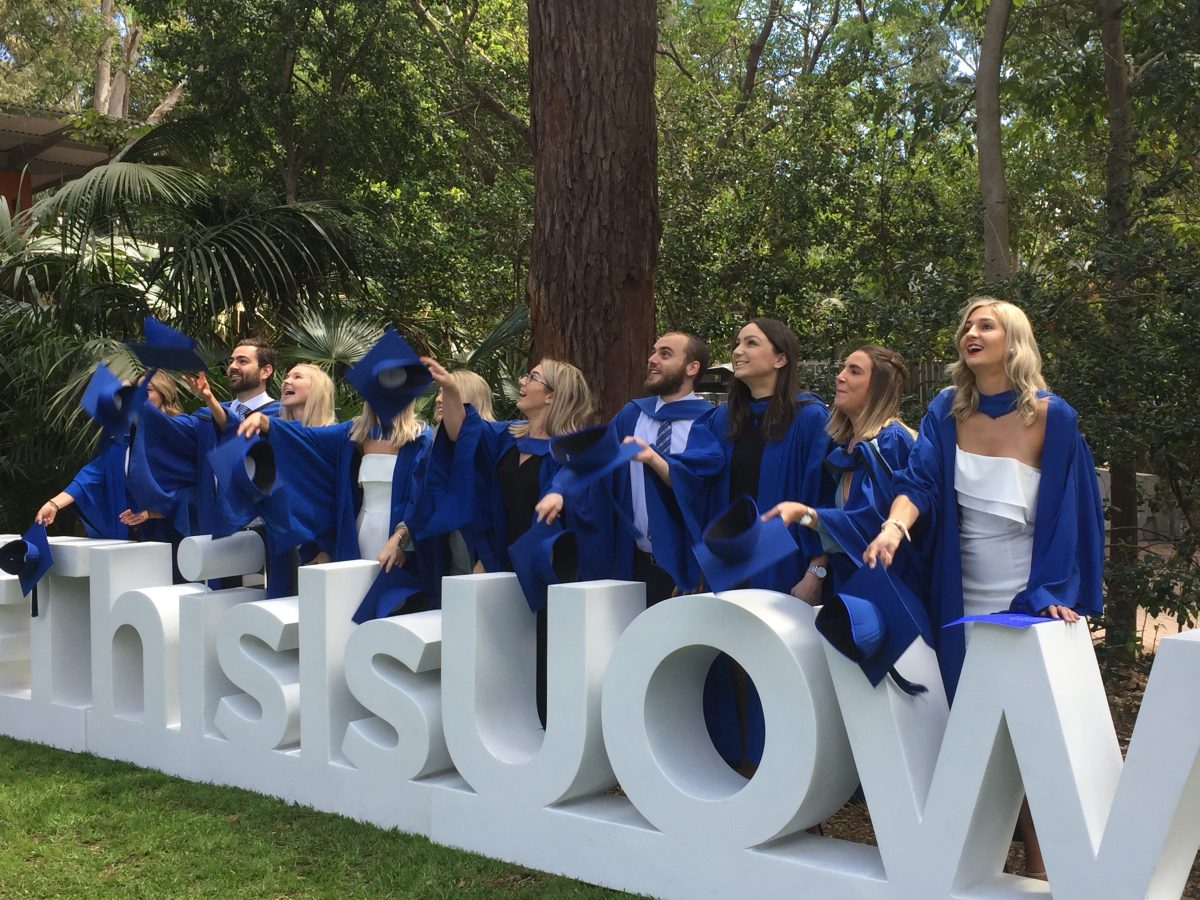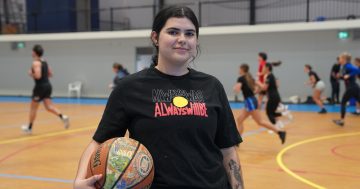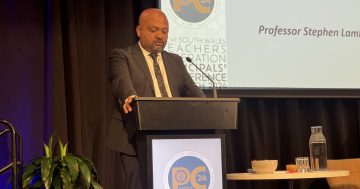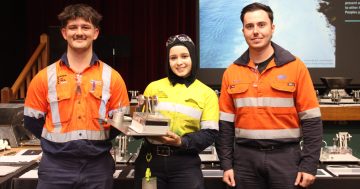
University of Wollongong graduates have again rated well in a national employer survey. Photo: Kim Treasure.
University of Wollongong graduates have come out among the best in Australia in a newly released national survey of employers.
UOW graduates were ranked fifth nationally and second in NSW, with employers giving them an overall satisfaction level of 87.3 per cent in the annual survey, which measures employer views of the attributes of recent graduates from Australian higher education institutions.
The Australian Government’s Quality Indicators for Learning and Teaching (QILT) Employer Satisfaction Survey is the largest of its kind in Australia, comprising the views of 3452 employers. It has been conducted annually since 2016, with a league table comparing universities’ performances added in 2017.
UOW is the only university to have ranked in the top five nationally every year since 2017.
The Employer Satisfaction Survey asks supervisors to provide feedback about the generic skills, technical skills and work readiness of graduates employed in their workplace.
The QILT website reports the proportion of employers satisfied with six indicators:
- Overall satisfaction;
- Foundation skills – general literacy, numeracy and communication skills and the ability to investigate and integrate knowledge;
- Adaptive skills – the ability to adapt and apply skills/knowledge and work independently;
- Collaborative skills – teamwork and interpersonal skills;
- Technical skills – application of professional and technical knowledge and standards; and
- Employability skills – the ability to perform and innovate in the workplace.
Deputy Vice-Chancellor (Academic and Student Life) Professor Theo Farrell welcomed the survey results.
“It is very pleasing to see employers rank University of Wollongong graduates as being among the very best in Australia again this year,” Professor Farrell said.
“We pride ourselves producing graduates who are workplace ready and life ready.
“The fact that our students have featured near the top of the Employer Satisfaction Survey table every year shows that they leave UOW with the toolkit of knowledge and skills needed to succeed in their careers.”


















